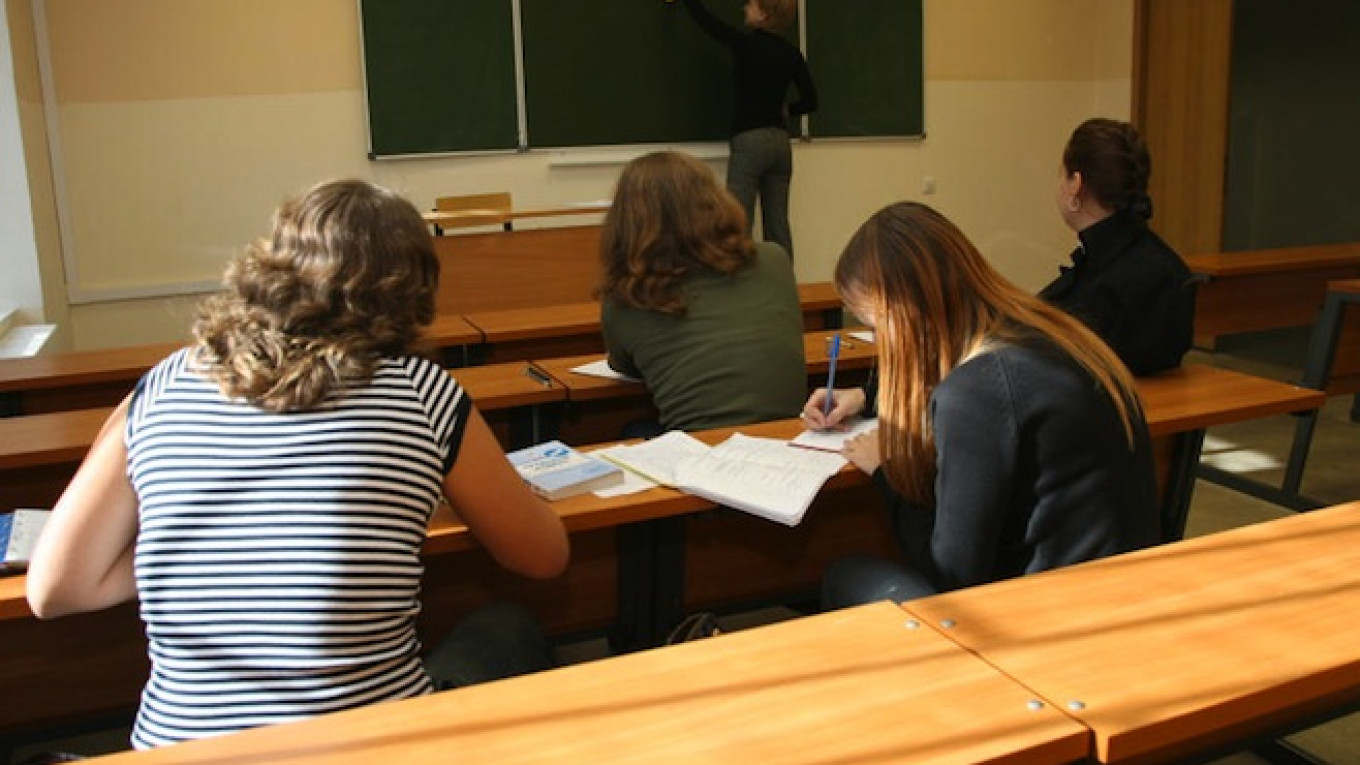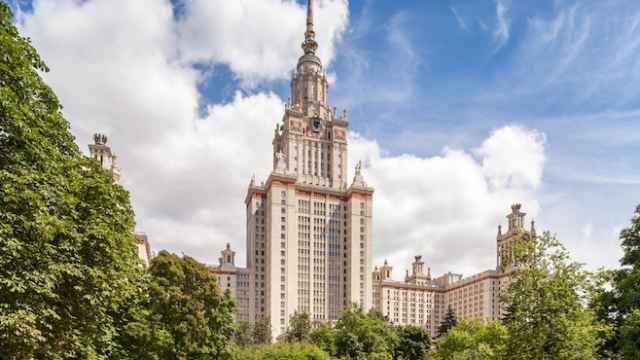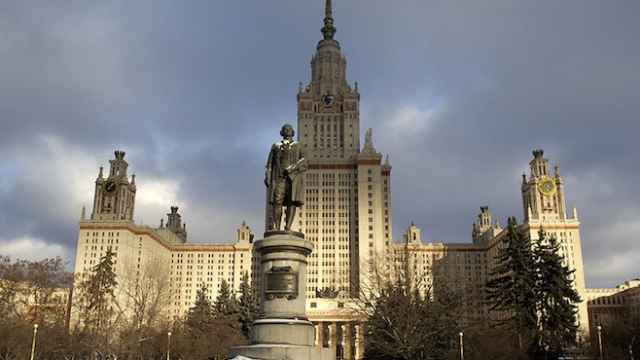Amid a currency crisis and spiraling inflation rates, some Russian universities have sought to cut losses by increasing tuition fees, sometimes by 30 to 35 percent, TASS news agency reported on Monday.
The latest figures emerged soon after a hotline was established by the ruling United Russia party to field complaints about increased university fees.
Deputy head of State Duma's education committee Vladimir Burmatov told TASS that some universities put their tuition fees on their websites denominated in U.S. dollars or in "conventional units" that are often tied to U.S. dollars or euros.
For instance, the State University of Management has increased fees for some of its master's programs by 35 percent from 74,000 rubles ($1,150) per year in 2014 to 100,000 rubles in 2015.
The Moscow State University of Printing Arts has hiked tuition fees for some of its undergraduate programs by 29 percent from 117,190 ($1,816) per academic year in 2014 to 151,260 rubles in 2015.
The Russian Presidential Academy of National Economy and Public Administration will also increase its fees this year, the academy's Vice-Rector Ivan Fedotov told The Moscow Times in an interview last week.
These surges are all the more painful considering the fact that the average salary across Russia was about 32,000 rubles ($780) per month in August, business daily Vedomosti reported, citing data from state statistics service Rosstat.
"Last year we were proud that some of our programs began to cost more than similar programs in Europe," Fedotov said. "With the currency plunge this is no longer the case."
The academy will offset the decrease in the dollar value of its tuition fees, but only within 2014's inflation rate, Fedotov specified.
Inflation in Russia reached 11.4 percent in 2014, according to Rosstat, while the ruble has depreciated by more than 60 percent.
The silver lining is that Russian universities may begin to attract foreigners, according to Fedotov. "We will have to introduce more programs in English," he said.
A Message from The Moscow Times:
Dear readers,
We are facing unprecedented challenges. Russia's Prosecutor General's Office has designated The Moscow Times as an "undesirable" organization, criminalizing our work and putting our staff at risk of prosecution. This follows our earlier unjust labeling as a "foreign agent."
These actions are direct attempts to silence independent journalism in Russia. The authorities claim our work "discredits the decisions of the Russian leadership." We see things differently: we strive to provide accurate, unbiased reporting on Russia.
We, the journalists of The Moscow Times, refuse to be silenced. But to continue our work, we need your help.
Your support, no matter how small, makes a world of difference. If you can, please support us monthly starting from just $2. It's quick to set up, and every contribution makes a significant impact.
By supporting The Moscow Times, you're defending open, independent journalism in the face of repression. Thank you for standing with us.
Remind me later.






